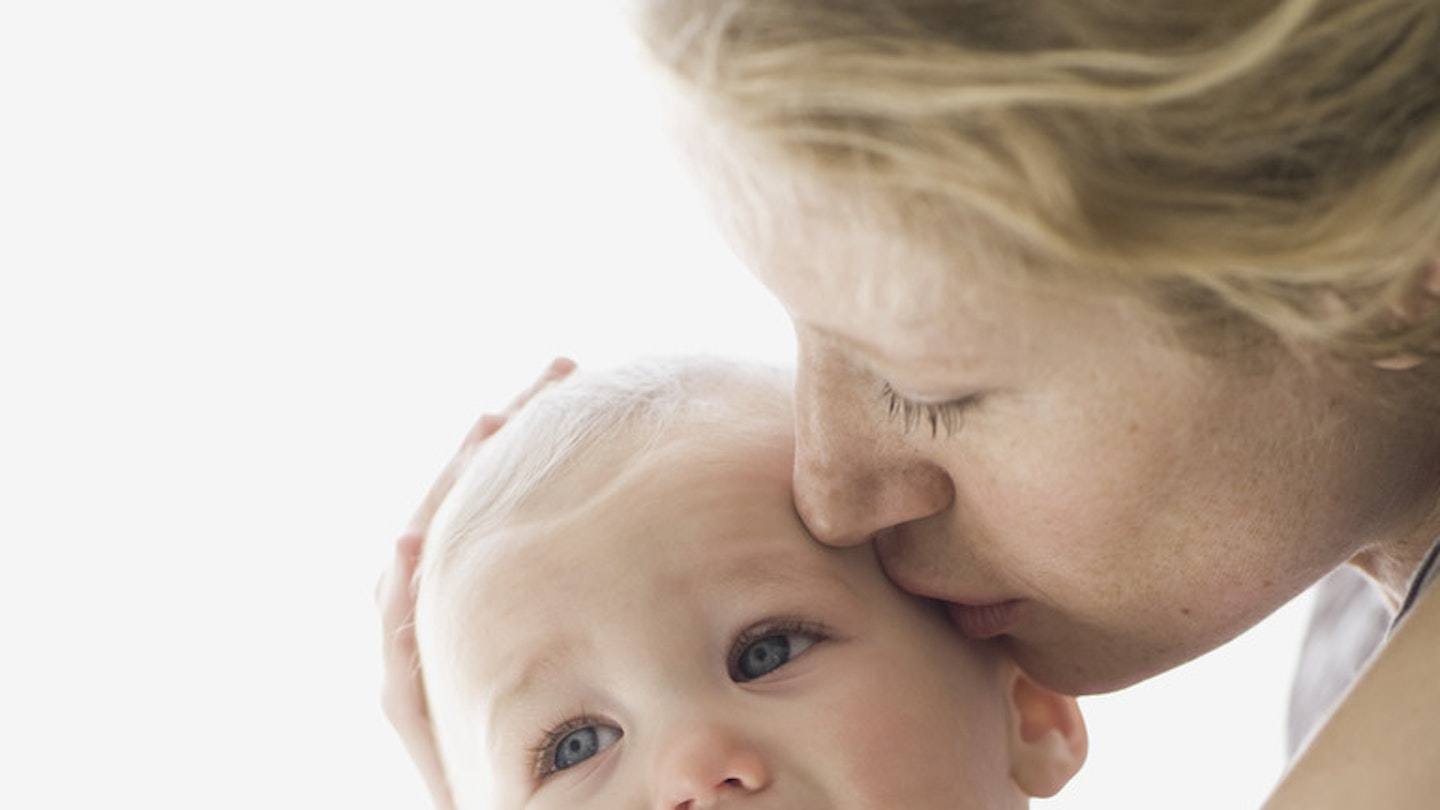Has your little one got an unexplained rash? Crying for no apparent reason? He may have an intolerance that hasn’t yet been diagnosed. But don’t panic – a food intolerance is never threatening, unlike an allergy can be, and there are lots of symptoms you can look out for so you know when it’s time to pay your GP a visit.
1. Family history
If you think your little one may have an intolerance, it’s a great idea to clued up on whether there's any history of allergies in the family.
‘Check and see if any family members have asthma, eczema, hay fever, rhinitis (a runny nose), runny eyes or any other intolerances,’ says Abigail Wilson, spokesperson for the British Dietetic Association. ‘Do also ask about any intolerances when they were growing up, too, as often children grow out of intolerances as they get older.’
'It’s a great idea to clued up on whether there's any history of allergies in the family'
2. Constipation
Lots of different food-related intolerances show through constipation – making the body react to a certain food by triggering a negative response in the immune system. So if your little one seems like she’s in pain, keep an eye on her bowel movements to check everything is as it should be. A newborn can poo as many as 10 times a day, but as long as she’s filled her nappy once a day then there’s no cause for concern.
3. Eczema
Look out for eczema – particularly if it’s worse than it’s been before. ‘Severe eczema in under three month old babies is a common sign of an intolerance,’ says Abigail. Watch out for red, dry patches of skin that might be itchy, scaly or flaky. Other rashes, around the mouth, nose and eyes can also indicate an intolerance.
'Severe eczema in under three month old babies is a common sign of an intolerance'
4. Severe sickness
While babies regurgitate their milk fairly often, bad vomiting could be a sign of an intolerance to cow’s milk or something similar.
‘Look out for projectile vomiting, where your child’s vomiting quite far,’ says Abigail. However, frequent sickness combined with diarrhoea could be a sign of gastroenteritis – an infection of the lining of the stomach and intestines. So it’s worth getting it check out by your GP.
5. Back arching
If your little one isn’t able to communicate when something’s not agreeing with her, she may arch her back when feeding as a sign that she’s got some discomfort. While this can be a sign of colic, it’s also a common sign of cow’s milk allergy.
[]{href='https://www.motherandbaby.com/2014/02/does-your-baby-have-a-dairy-allergy-baby-health-a-z' target='_self' rel='noopener'}
READ: DOES YOUR BABY HAVE A DAIRY ALLERGY?
6. High pitched crying
If your baby’s crying sounds really high pitched, it could be sign that she’s in pain – and another way to spot an intolerance. It’s a relatively common reaction can indicate an animal product intolerance.
7. Swelling
Another sign of an intolerance, swelling may happen around your tot’s eyes, lips, tongue and roof of the mouth. If you notice some swelling on your little one, try not to panic and ask your GP for advice.
